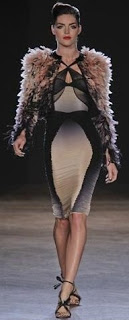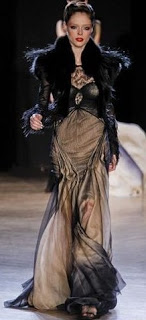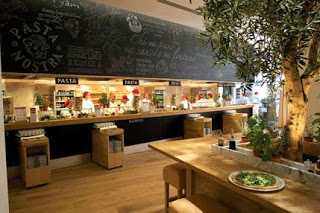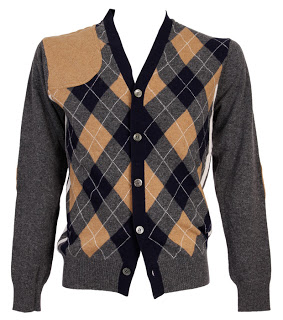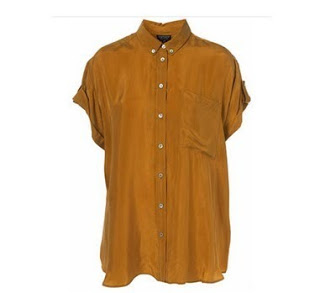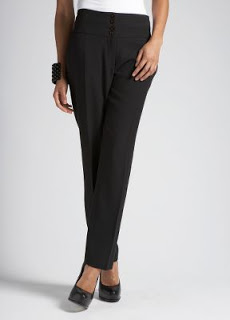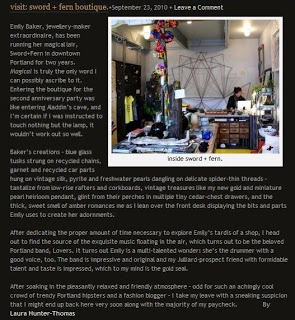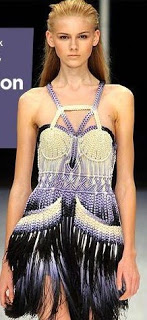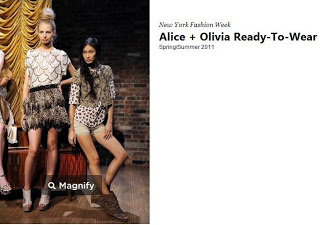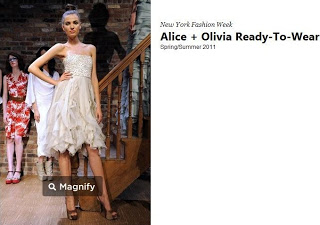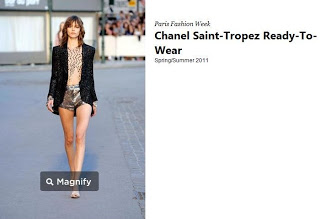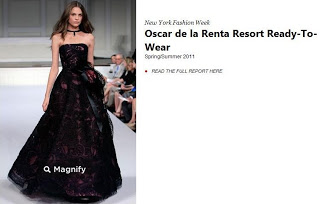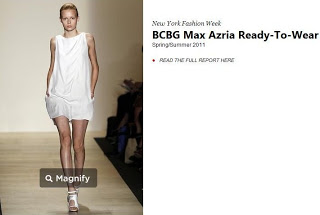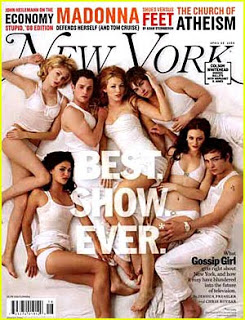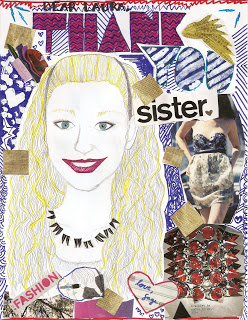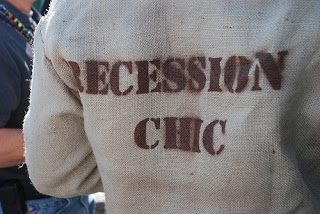
In my opinion, yes. We are all well aware of how devastating the recession has been (you know things are really bad when the rich are actually affected) since it hit in 2007, and while there is some debate as to whether we are actually still in it (some think it officially ended sometime in the summer of 2009), personally, my wallet ain't looking any fatter. However, while the state of my bank balance may remain critical, at worst, and touch-and-go at best, fashion has been revived, gotten off the life-support machine, and taken on a new lease of life.
Why exactly is this, in my opinion? Before the recession, fashion remained in some regard a little impersonal, at least to the majority of us. We were still living in a time where a custom-made Chanel gown costing five years' salary was not entirely unthinkable, albeit unlikely for most. Kind of like mountain-top monasteries: most of us may not (or ever) get the chance to meditate there, but it doesn't seem so unbelievable to imagine visiting one. The rich were still filthy rich, and the elitist top-tier echelons of society were still capable of supporting fashion.
As a result, fashion had a different definition than it does now: that of expense. Only those who made six figures could be chic, because fashion equaled exclusivity. Obviously, this often meant couture. And wearing couture means having somewhere to wear it. Hence, fashion was a bit of a triple threat: exclusive, expensive, and ostentatious.
When the recession hit, however, the fashion world was shaken to its roots. It learned the art of evolution. It had to: now, couture was a relic seen only in the museums of magazine archives, no longer even imaginable. I would have been less surprised to learn of the existence of a flying pig than of an outing of a custom Chanel creation. And the rich did not remain unaffected, as in the past, and fashion suffered.
However, fashion itself is nothing if not constant: everyone has to get dressed in the morning (unless, of course, you live in a nudist colony). And so it adapted. The result? Fashion took on a new definition, even a new slogan: every woman (and man) can be chic. Fashion became more prevalent, if anything; accessible now to the everyday person, much more personal than before, and frankly more wearable (sure, you can wear a Dior suit to work, but how about a crushed red velvet peaked-shoulder Alexander McQueen custom gown?).
In retrospect, the recession has done fashion a favour. It has lifted it out of a depression (no pun intended!) that fashion wasn't even aware of, and has shifted fashion to the forefront of the average person's agenda. Fashion is more engaged in the world than it has ever been, and for that reason, despite my limp wallet, I am grateful.
